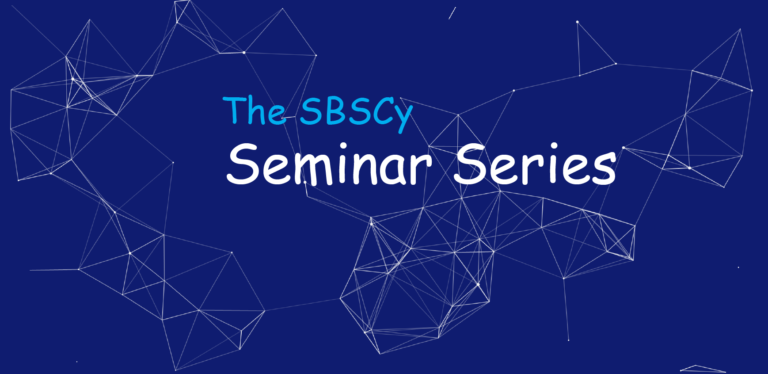Frithjof C. Küpper
School of Biological Sciences, University of Aberdeen, St. Machar Drive, Aberdeen, AB24 3UU, Scotland, UK. – fkuepper@abdn.ac.uk
‘Exploration of Arctic and Antarctic seaweed biodiversity in the context of polar climate change’
WEDNESDAY 2nd March, 2022, 5pm
‘Exploration of Arctic and Antarctic seaweed biodiversity in the context of polar climate change’
Polar regions are hotspots of climate change, inevitably affecting seaweed biodiversity by sea ice recession, increased iceberg scouring, and increased inputs of glacial melt water, all of which can have major impacts on phytobenthic communities. However, any studies in this context confront major challenges in terms of (1) scarce historic baseline datasets and (2) environmental and logistical constraints for scientific collections, and in situ observations by diving. We present highlights from our expeditions to northern Baffin Island (Canadian Arctic, 2009) and Adelaide Island (Antarctica, 2010-2011) which assessed the biodiversity of seaweeds and associated eukaryotic pathogens at established study sites. Our dataset provides a baseline inventory for future work assessing impacts of the currently ongoing changes in the Arctic and Antarctic marine environment. In both cases, diving surveys and collections of macroscopic algae were complemented by applying the Germling Emergence Method and DNA barcode sequencing of the live isolates obtained from substratum samples.- We present a baseline seaweed species checklist for both regions, reporting numerous new records of seaweed taxa and associated pathogens. We also discuss implications for establishing baseline inventories and managing safe and scientifically productive diving operations in remote polar locations.
Professor Frithjof C. Küpper, Chair in Marine Biodiversity at the University of Aberdeen (Oceanlab), has previously held a readership (2009-2011) / lectureship (2003-2009) and the position of Head of the Culture Collection of Algae and Protozoa (CCAP) at the Scottish Association for Marine Science (SAMS) from 2003-2008. Over the past 25 years, Frithjof has studied the biodiversity, inorganic biochemistry, chemical ecology, and physiology of aquatic and marine plants/algae, especially in the context of biotic / abiotic stress and biogeochemical cycles (133 ISI-listed, peer-reviewed papers, > 5,900 citations, h = 40; 5 book chapters) and in the polar and sub-polar regions of the world. Particularly relevant for the work proposed here, he has worked extensively on marine biodiversity- and ecology-related subjects in the eastern Mediterranean, including on human impacts and an artificial reef system, often employing scientific diving as a research tool. His research interest in algal halogen metabolism, pathologies and defense reactions arose during his graduate studies for a joint French-German Ph.D. (1998-2001). His work has resulted in the finding of iodide serving the role of an inorganic antioxidant in kelp, the first described from a living system, with implications for atmospheric and marine chemistry (PNAS 105(19), 6954-8). This work was selected as one of the 100 Science Stories of the Year 2008 by DISCOVER Magazine and received substantial media coverage. Frithjof is also a certified scientific professional diver (AAUS in the USA and HSE Scuba IV in the UK) and has conducted diving-based expeditions throughout the world for biodiversity-related aspects of his research, including the Canadian Arctic, the Eastern Mediterranean (especially Greece and Cyprus), French Polynesia, Malaysia, California, Antarctica, Ascension Island and the Falkland Islands. Frithjof is fluent in English, Modern Greek, French, and German (native language).
For non-members-why not join us? You can participate in a vibrant scientific community that you can call home!


